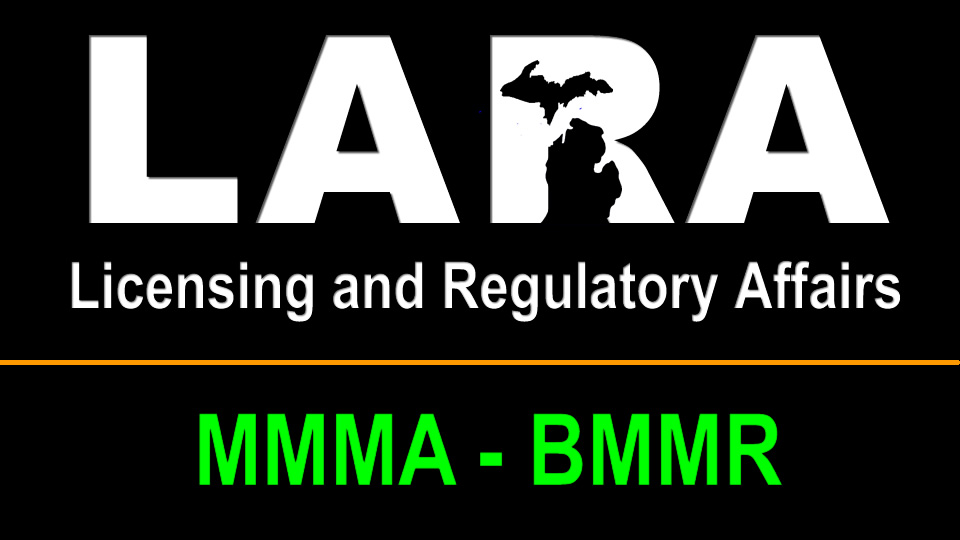Will co-location of facilities be allowed?
Operation at a same location (commonly referred to as co-location) is allowed for grower, processor, and provisioning center licenses when specific requirements are meant:
- The operation at a same location shall not be in violation of any municipal ordinances or zoning regulations.
- The municipality shall not limit the type or number of marihuana facilities under section 205 of the act or prohibit the operation at the same location by local ordinance or zoning regulations.
- For clarification purposes, the intent is that the applicant cannot circumvent the municipal ordinance or zoning regulation, which may limit the type or number of marihuana facilities under section 205 of the act, simply by operating at a same location.
- Each license has distinct and identifiable areas with designated structures that are contiguous and specific to the state operating license.
- Have separate entrances and exits, inventory, record keeping, and point of sale operations, if applicable.
- Operation of a state operating license at the same location that includes a licensed provisioning center shall have the entrance and exit to the licensed provisioning center and entire inventory physically separated from any of the other licensed marihuana facility or facilities so that persons can clearly identify the retail entrance and exit.
- Any other requirements outlined in the emergency administrative rules or MMFLA.
Refer to Emergency Administrative rule 24 for additional information on co-location of facilities.











